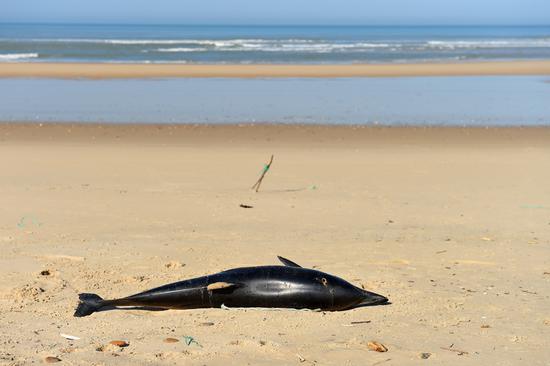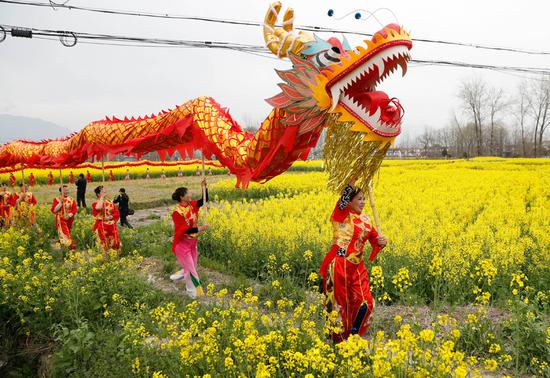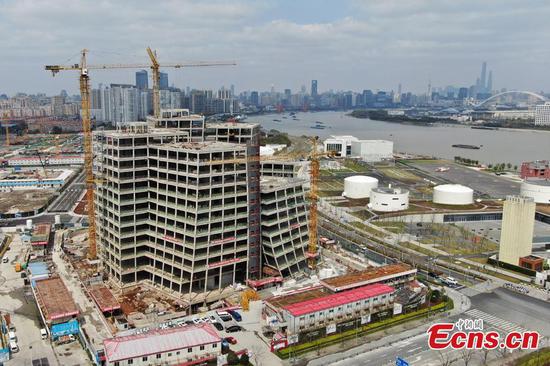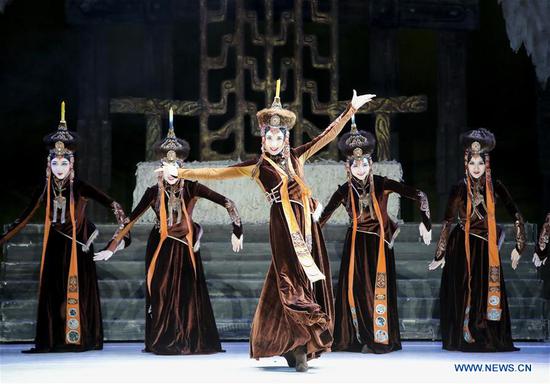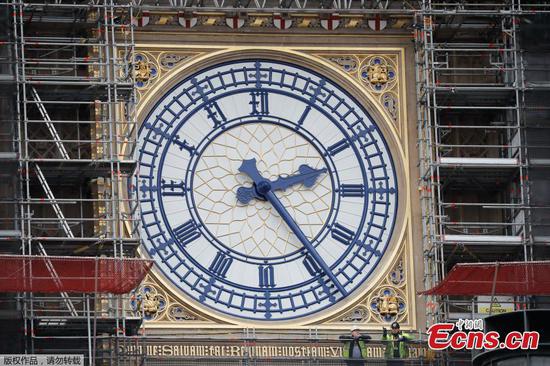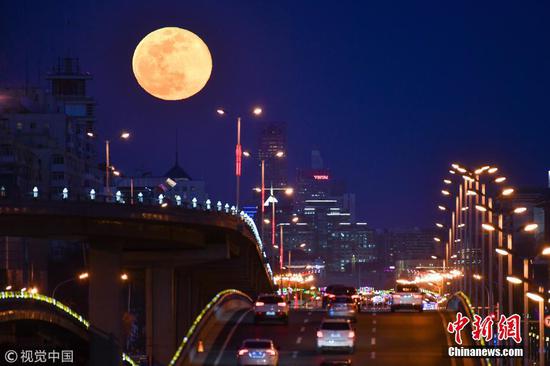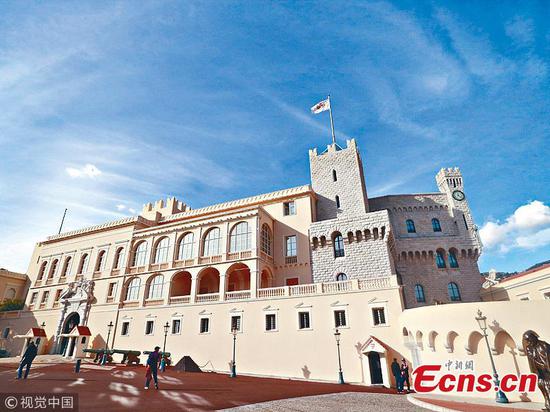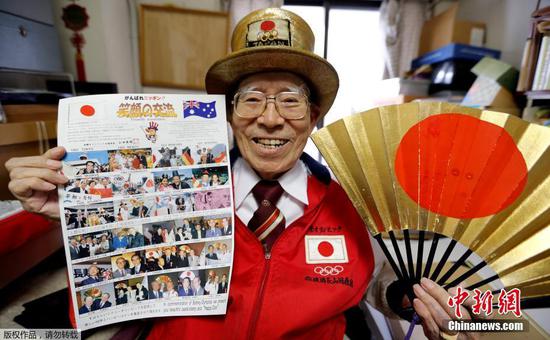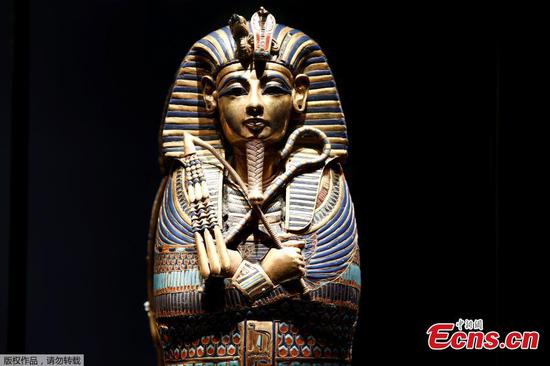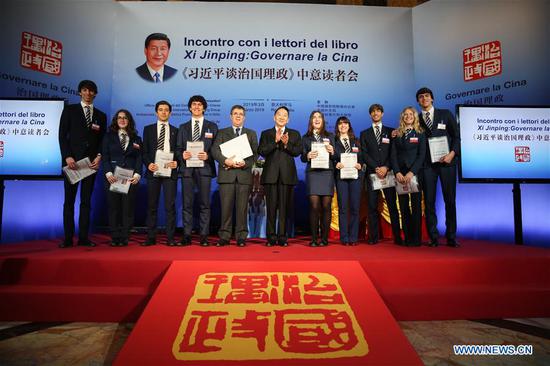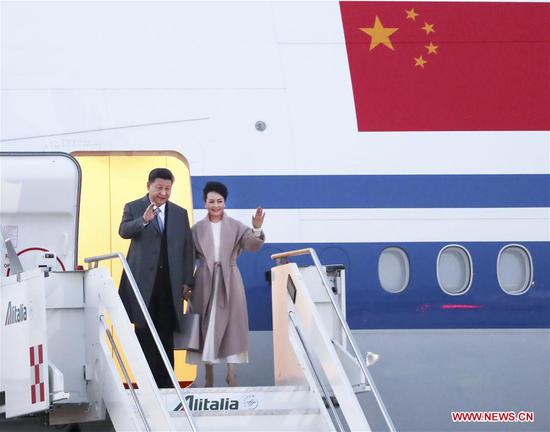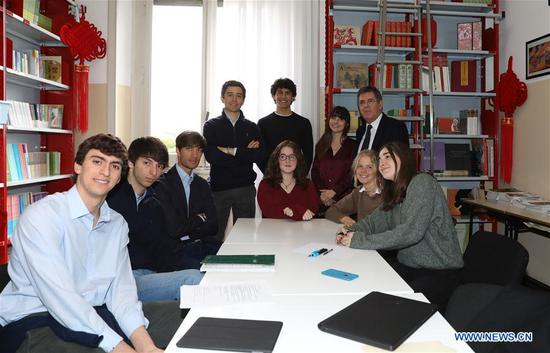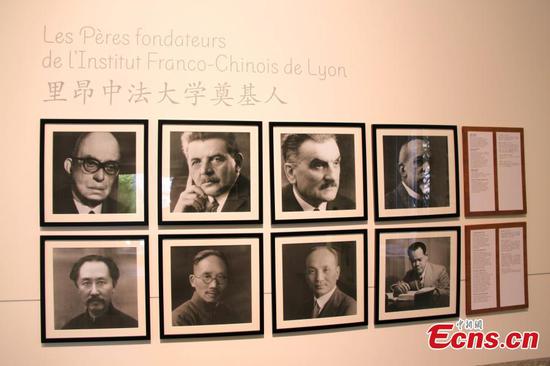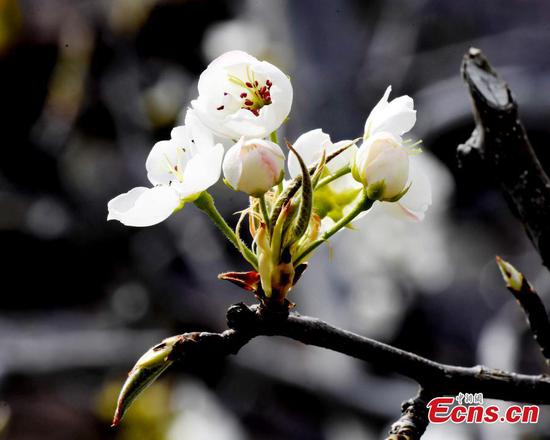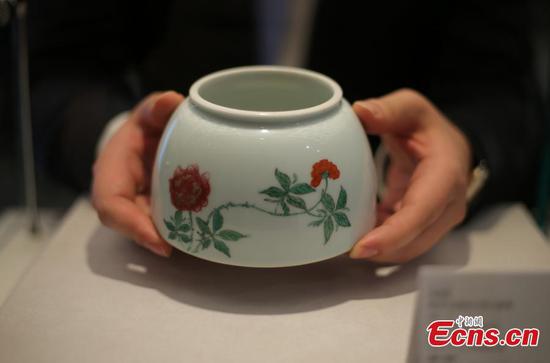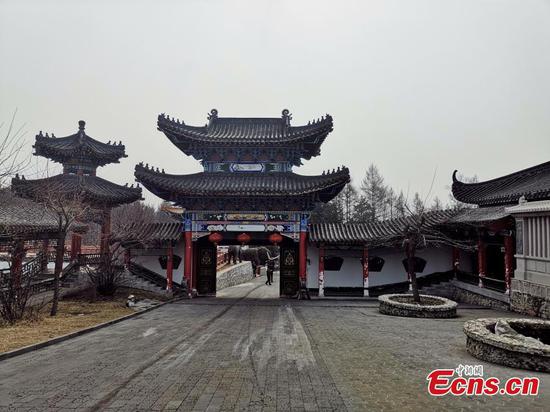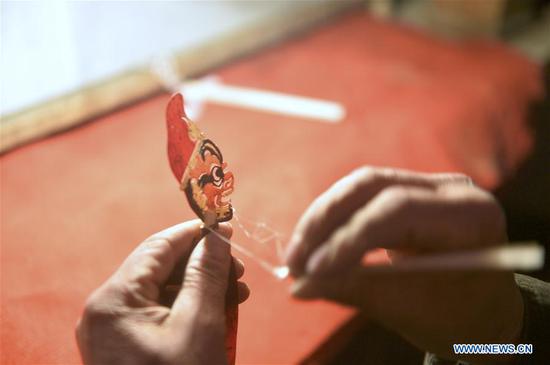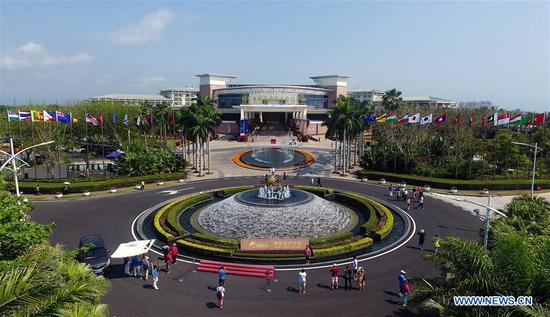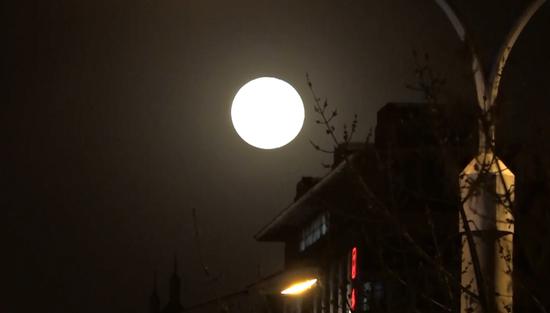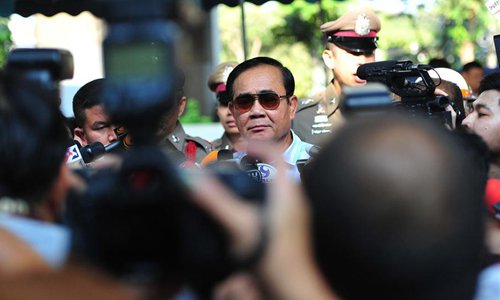
Thai Prime Minister Prayut Chan-o-cha is seen at a polling station in Bangkok, Thailand, on Sunday. (Photo/Xinhua)
More than 50 million Thai voters went to the polls on Sunday, the first general election since 2014 when the Thai military carried out a coup, which experts believe will not affect China-Thailand relations.
Turnout was expected to be high among the 51.4 million Thais eligible to vote for the 500-seat House of Representatives. Voting took place at more than 93,000 polling stations from 8 am local time until 5 pm, according to reports.
"Regardless of who wins, relations between China and Thailand will remain consistent since both sides are aware of the significance of China-Thailand relations relations," Tang Qifang, an associate research fellow at the China Institute of International Studies, told the Global Times.
"Historically, China and Thailand are close, such as in blood and culture. China-Thailand relations have always been good regardless of whoever takes office," said Tang, adding that Thailand is actively participating in the China-proposed Belt and Road Initiative (BRI). For example, the China-Thailand Railway Project launched in 2015 is a major achievement of the cooperation between the two countries under the BRI.
Tang believes that the development plan of the Eastern Economic Corridor that aims to develop Thailand's eastern provinces into a leading ASEAN economic zone and BRI can benefit each other, and will ensure the future of China-Thailand relations.
The Thai military seized control of the country in 2014 following months of unrest and widespread protests in Bangkok and other parts of the country.
Politics in Thailand has been highly polarized for over a decade, and this election pits supporters of pro-military political parties and the pro-democracy ones, the Guardian reported.
"It's still too early to say who will be Thailand's next prime minister, since today's general election is for 500 members of the lower house of parliament," Zhu Zhenming, a research fellow at the Yunnan Institute of South Asia Southeast Asia in Southwest China's Yunnan Province, told the Global Times.
"However, the pro-military Palang Pracharat Party is favored to win because Thailand's 2017 Constitution drafted by the National Council for Peace and Order in 2016 consolidated the military's role in politics. Another reason is that Thailand has been peaceful and stable under the Prayuth administration," Zhu said.










